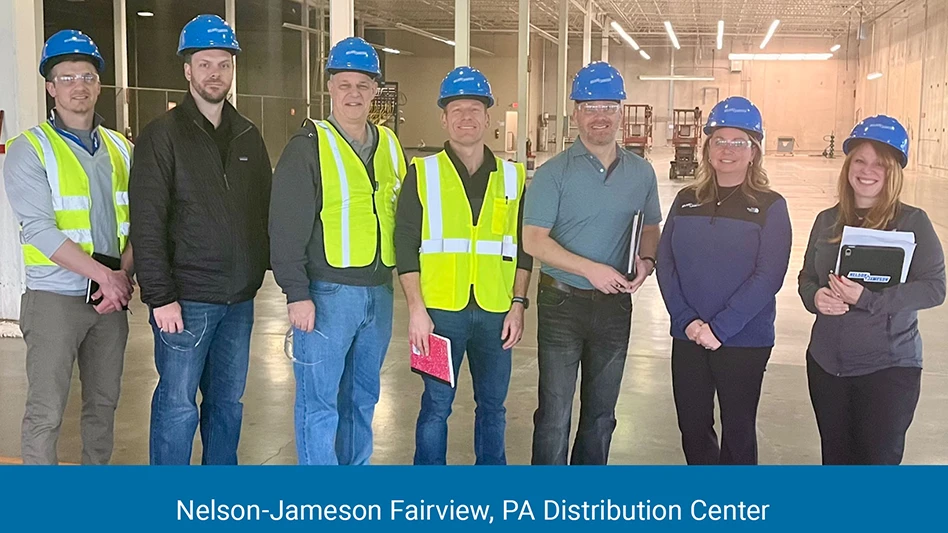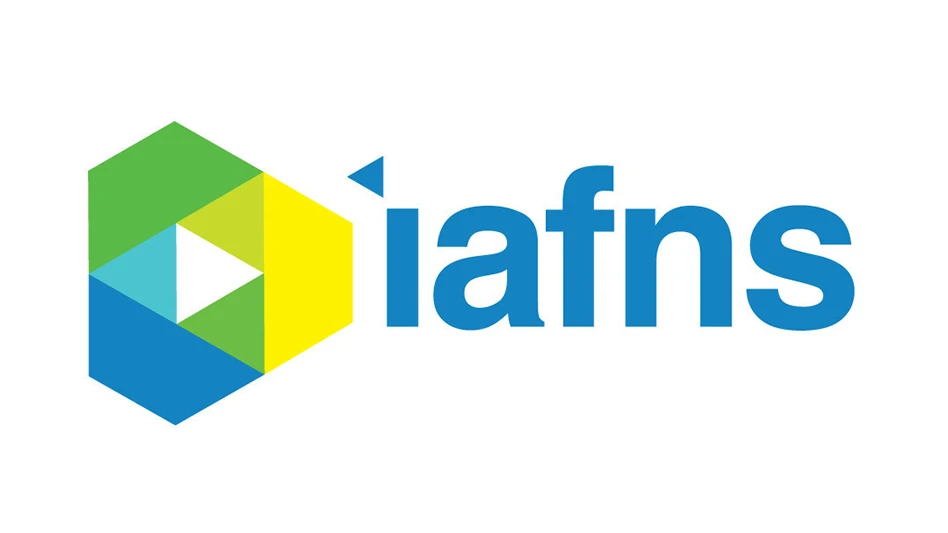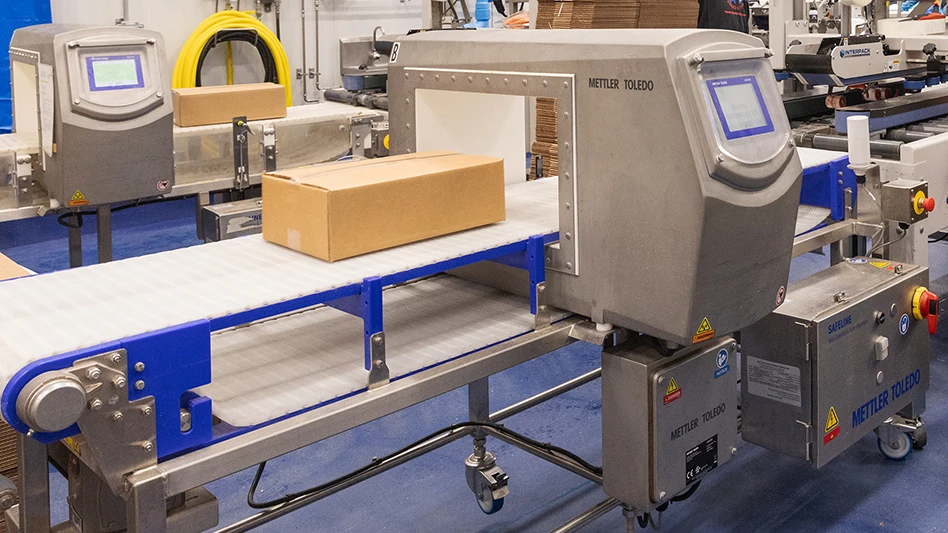
GFSI
PARIS — Yesterday, for the 20th consecutive year, an international delegation of food industry stakeholders gathered to attend the GFSI Conference, an annual event of the Global Food Safety Initiative. This year’s event centers around the theme "Food Safety: Rethink, Reset, Recharge." Speakers and attendees alike represent every inhabited continent and every sector involved in the supply chain, from manufacturing and retail to academia and the public sector.
The 2021 event differs from those of previous years in one conspicuous way: Rather than taking place in a busy conference hall in spots such as Seattle (2020), Nice (2019) or Tokyo (2018), the 2021 GFSI Conference is being held entirely online. The many plenaries and other sessions that make up the event are being streamed to workplaces and homes around the world.
Though geographically distant, the delegates found ample opportunities to connect during the online event. As the morning began, they joined the purpose-built platform, created 3D representations of themselves wearing their conference best — customizable down to dress prints and tie colors — and used these avatars to explore an immersive virtual venue complete with an exhibition floor, conference rooms and seating areas for casual chats.
Stories of Leadership and Resilience
The first day's speakers included prominent leaders from industry and the public sector, whose talks demonstrated the importance of strong governance in times of crisis. Following the welcome address from Wai-Chan Chan, managing director of The Consumer Goods Forum, Qu Dongyu, director-general of the Food and Agriculture Organisation of the United Nations delivered a keynote on the humanitarian significance of the fight for safe food for consumers everywhere. "We need a strong engagement of the private sector for our agrifood systems to become more efficient, more inclusive, more resilient and more sustainable," he urged.
His speech was followed by a discussion of GFSI’s growing role — accelerated by the Race to the Top Framework — in the food safety landscape. The conversation touched upon the recent evolution of the Global Markets Programme and its potential to make a lasting impact in developing markets. "Think about what this could do for farmers, think about what it could do for families in Africa, in those places described as countries of opportunity, producing niche products, who just need an opportunity to be able to sell their products into the world stage," said GFSI Steering Committee member Howard Popoola, vice president, corporate food technology and regulatory compliance, The Kroger Co., who grew up in Nigeria and is now based in the United States. "I see the opportunities that this offers to those less developed countries who are looking for an opportunity to just break through."
The leadership theme continued with a talk by Dirk Van de Put, chairman and CEO of Mondelēz International, during the plenary "Leading in Times of Crisis: Stories of Resilience in the Face of Covid-19." Van de Put shared how he steered one of the world’s largest snack food companies through a turbulent year. He stressed the importance of "never letting a good crisis go to waste" and of providing clear guidance and communication. "You owe it to everybody to make sure that (for) you as a leader … it’s crystal clear what needs to happen, and you show the conviction of that clarity." he said.
The program also took time to share leadership perspectives from some of the smaller companies that power the global supply chain. The day’s proceedings included a plenary devoted to the Global Markets Programme (GMaP), a capability-building tool that assists the development of effective food safety management systems at small-to-medium-sized companies through a systematic continuous improvement process. This session opened with the world premiere of a new GFSI Web Series episode that offers a glimpse of some of the landscapes where GMaP is at work. Speakers then considered ways to adapt GMaP to better serve the needs of companies, consumers and regulators in developing regions. "The communities (where) we are supposed to build capacity are under-resourced, and they need a kind of different approach and training for them to understand those messages and translate them into practices that will cause some gains in nutrition and food safety and quality," said Martha Byanyima, chief of party of the USDA-Land O Lakes Venture37 TRASE Project in East Africa.
Innovations in the Supply Chain and Beyond
Many of the day's plenaries focused on the ways online platforms, virtual technology and other innovations are transforming the food supply chain — much as they have transformed GFSI itself. "The New Classroom: Developing the Next Food Safety Professionals Through Virtual Education" addressed the impact of remote learning on food safety training and professional development, key elements of the GFSI agenda. Professor-panelists Wendy White of the Georgia Institute of Technology and Jon Poole of the Institute of Food Science & Technology noted both pros and cons of the virtual classroom. "Being forced to adopt virtual education has not been a bad thing for our industry," said White. "Yes, we’ve been forced to overcome a lot of challenges, and (it will) always be more difficult to disseminate complex topics virtually, but there are so many benefits that will keep virtual learning a common factor in professional education in the future."
Delegates also heard case studies from some of the companies that came out on top as shopping practices shifted last year: the Alibaba-owned supermarket chain Freshippo, the delivery meal-kit service HelloFresh and the e-commerce giant Amazon. The food safety experts who led "The Evolution of E-Commerce: How Covid-19 Has Impacted Food Safety Operations" described the agility required to keep food safe while the supply chain was so in flux. "We’ve learned that we can deliver and implement more while still ensuring that food safety is not compromised," said Janet Cox, Associate Director of Food Safety & Compliance at HelloFresh International.
The pandemic, of course, was a constant backdrop to the conversation. The plenary "Keeping Food Moving: Supply Chain Disruptions in the Time of Covid-19" looked back on the ways the public and private sectors came together to maintain a safe food supply during a heavily disrupted year, and "Crisis Communication: Fear Marketing and How It Drives Consumer Behaviour" discussed how companies can communicate these efforts with their consumers. "It is quite encouraging and it actually warms my heart to know how many consumers out there actually do pay attention to the science and appreciate the efforts of the food industry to keep the world fed during the time of a pandemic crisis," said Dr. Scott Brooks, senior vice president of food safety and quality assurance at Tyson Foods.
During inter-plenary networking breaks, delegates chose among a full roster of special sessions hosted by companies at the frontlines of food safety. These relatively informal talks covered a variety of specific food safety solutions, including innovative packaging design, supply chain digitization and integrated pest management.
After a closing message from GFSI Director Erica Sheward, the delegates reconvened in the networking and exhibition areas to discuss their learnings. As their avatars explored the four 3D exhibition halls, mingled and made connections, the virtual platform appeared as lively as any physical venue during the traditional opening cocktail of the GFSI Conference. Though the day’s program had drawn to a close, Day 1 of the GFSI Conference was far from over. To serve delegates in all time zones, recorded sessions will be available online while the platform remains open. However, the connections made during the event are expected to last much longer.
Latest from Quality Assurance & Food Safety
- USDA Announces New Presidential Appointments
- FDA to Phase Out Petroleum-Based Synthetic Dyes in Food
- IFT DC Section to Host Food Policy Event Featuring FDA, USDA Leaders
- CSQ Invites Public Comments on Improved Cannabis Safety, Quality Standards
- Registration Open for IAFNS’ Fifth Annual Summer Science Symposium
- Leaked White House Budget Draft Proposes Shifting Inspection Responsibilities from FDA to States
- Chlorine Dioxide: Reset the Pathogenic Environment
- Ferrero Group Invests $445 Million in Ontario Production Facility






